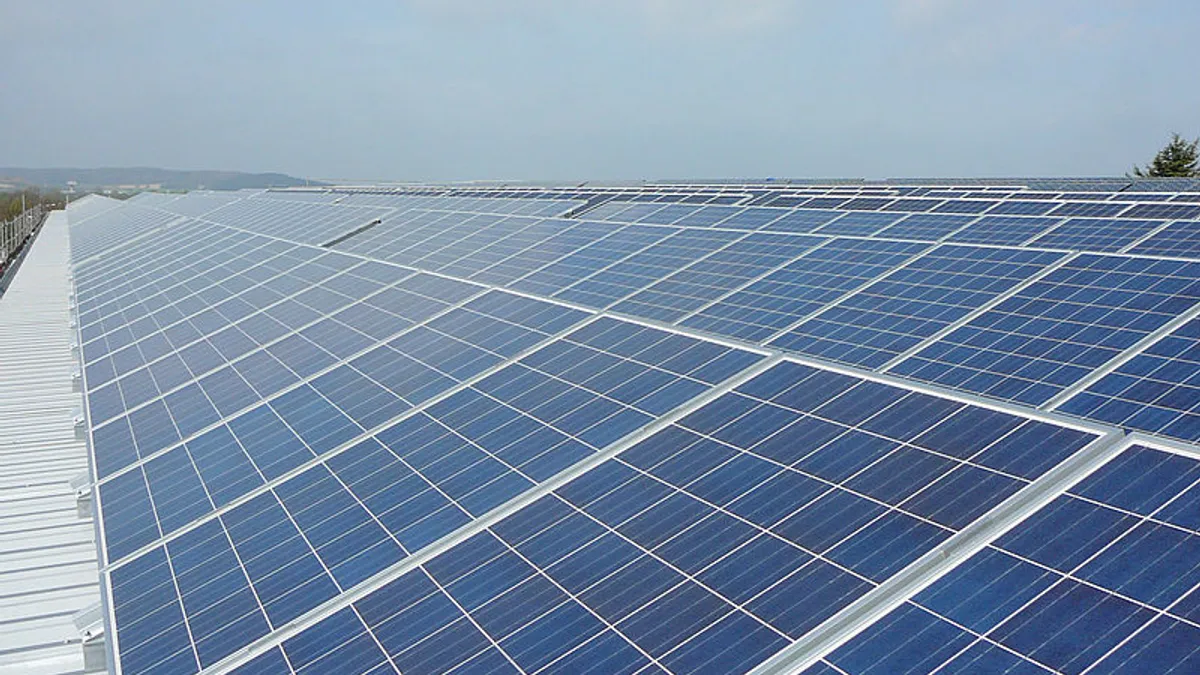Dive Brief:
- Alliant Energy has begun construction on a $5 million solar demonstration projected at its offices in Madison, aimed at testing how new solar and storage technologies work in Wisconsin's climate.
- The multi-year project will install more than 1,000 solar panels from multiple manufacturers, testing 11 types of panels total.
- The project will include solar canopies, electric vehicle charging stations and a battery storage system.
Dive Insight:
Alliant Energy has launched a demonstration project at its Madison office in Wisconsin, designed to explore a variety of new technologies and to test how they will perform in the state's climate. The utility said it intends to install more than three dozen unique renewable energy features over the next few years as a part of the project.
Alliant intends to place the solar energy features in various locations, angles and elevations on the office property to see how solar can be optimized in the Midwest.
“We are excited about this innovative demonstration project and view it as a learning laboratory for research that our customers can view on a regular basis,” John Larsen, president of Alliant Energy’s Wisconsin utility, said in a statement. “This multi-year effort will enable our company and our customers to discover the many ways solar energy and renewable technology can be used in a Wisconsin setting.”
The project's initial phase includes ground-level and building-mounted solar panels, solar parking canopies covering nearly 50 parking spaces, 13 electric vehicle charging stations, solar café tables and a battery energy storage system. Almost a dozen different types of panels will be used in the project.
“One of the key project goals is to have a monitoring interface available onsite and online where anyone can view real-time performance data,” said Larsen. “We’ll be examining information on how the structures work and interact, as well as how they impact building operations. In addition, we’ll research their operation, maintenance and safety aspects.”
Alliant is collaborating with the Electric Power Research Institute to collect and analyze site data from the project, and said it anticipates bringing in other partners in the coming months and years to maximize the project’s educational, training, safety and operational benefits.
Construction on the project's first phase is expected to be complete by the end of the year, with the second portion breaking ground in the second half of 2016.














